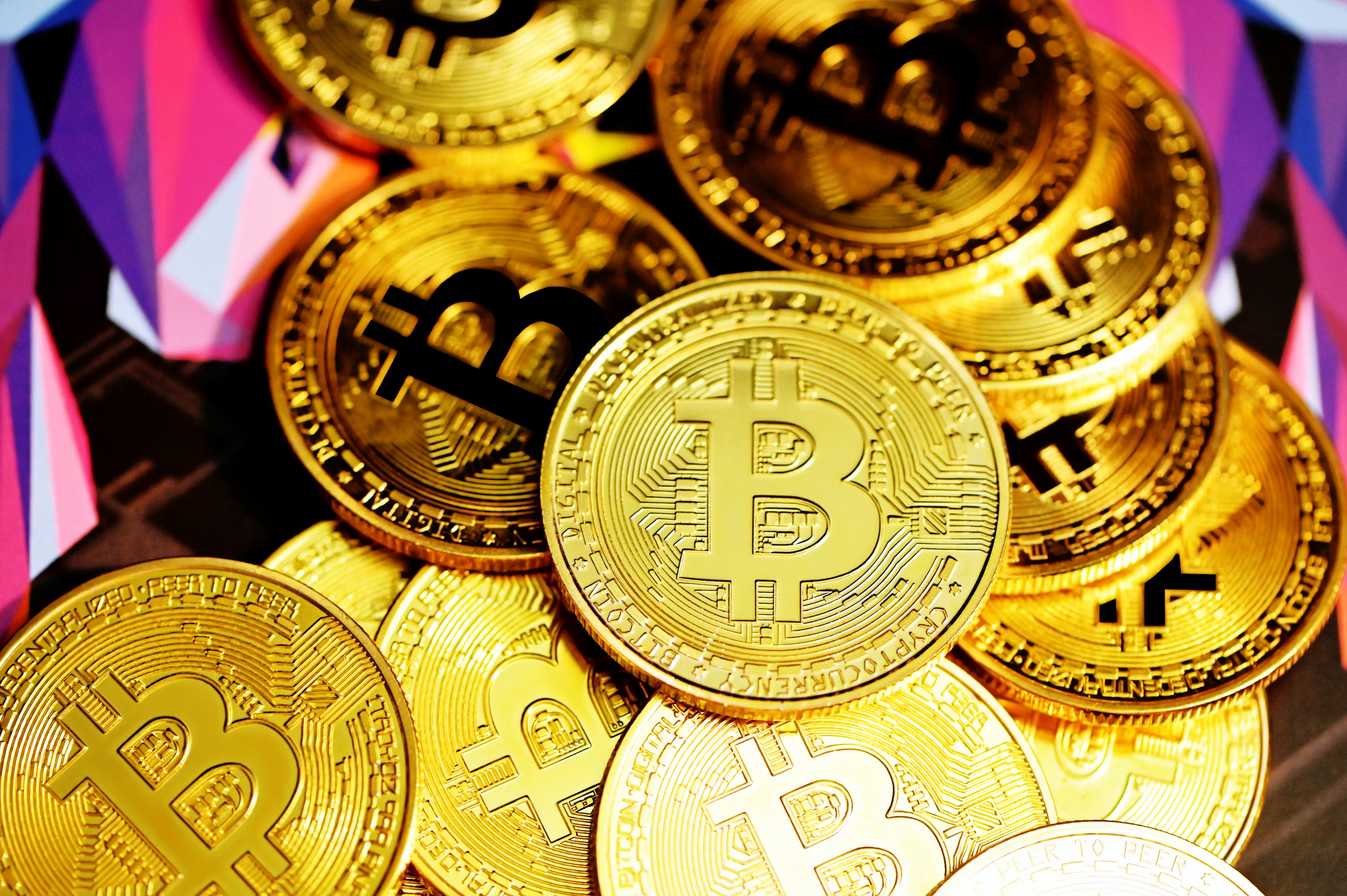Keep knowledgeable with free updates
Merely signal as much as the EU power myFT Digest — delivered on to your inbox.
The EU should be open to resuming Russian fuel imports within the occasion of a peace deal being brokered to finish the conflict in Ukraine, Austria has mentioned — certainly one of few nations within the bloc to brazenly float such an possibility.
Brussels “should preserve the choice to reassess the scenario as soon as the conflict has ended”, the Austrian power ministry informed the Monetary Instances.
The assertion confirmed stories that Elisabeth Zehetner, the Austrian state secretary for power, made this plea to her EU friends at a gathering in Luxembourg on Monday, mentioned diplomats with data of the discussions.
Vienna’s stance marks the primary time since Moscow’s full-scale invasion of Ukraine in 2022 that an EU member state aside from Hungary or Slovakia brazenly floats the resumption of Russian fuel imports as soon as the conflict is over.
The European Fee on Tuesday is ready to suggest banning any new fuel contracts with Russia and terminating current ones over the following two years — whatever the consequence of peace talks.
Dan Jørgensen, the EU’s power commissioner, mentioned on Monday {that a} potential peace deal ought to “not result in us beginning to import Russian fuel once more”.
“That will be a really unwise choice as a result of that will simply be refilling Putin’s conflict chest with cash. I believe that will be to repeat the errors that we have now performed previously,” he added.
In contrast to Russian coal imports, which the EU banned in 2022 and a G7 worth cap on Russian oil launched in 2023, fuel has not been topic to any EU restrictions — although most nations largely stopped importing the Russian fossil gasoline, notably Germany, whilst its economic system was severely affected as a consequence. Imports of Russian liquefied pure fuel (LNG) went up, with a document 16.5mn tonnes imported final 12 months.
European officers have beforehand debated whether or not a return to Russian fuel must be a part of peace negotiations with Russia — with the fee firmly opposing such a step. Brussels can also be proposing a ban on the Nord Stream pipelines connecting Germany to Russia — a measure endorsed by German chancellor Friedrich Merz as a strategy to quell any potential inner discussions about reverting to low cost Russian fuel.
Austria has depended closely on Russian pure fuel for many years, importing round 80 per cent of its fuel from the nation earlier than the conflict in Ukraine. This reliance was underpinned by long-term contracts between Russia’s Gazprom and Austria’s OMV, of which the federal government owns 31.5 per cent. OMV reduce ties with Gazprom in a historic break final December following a long-running contract dispute.
Vienna has taken steps to diversify its provide, notably by sourcing fuel from different European nations resembling Germany. The nation, which is impartial politically however helps sanctions, has confronted criticism for lagging in lowering this dependency for the reason that conflict started.
Its neighbours Hungary and Slovakia, which stay depending on Russian fuel and that are led by Russia-friendly governments, have been vocal of their opposition to the fee’s plan to finish all Russian fossil gasoline imports by 2027.
Italy, which imported most Russian fuel final 12 months in accordance with the think-tank Ember, beforehand additionally floated the choice of resuming fuel imports as soon as the conflict is over, in discussions behind closed doorways.
A spokesperson for the Italian power minister declined to remark.
The fee plans to make use of commerce legislation when proposing the whole ban on Russian fuel, the FT has reported.
Jorgensen mentioned that not like the sanctions regime, which is topic to unanimous backing by the EU’s 27 governments each six months, the ban “will stand till somebody decides to alter it”.
A number of nations have raised considerations that the authorized foundation for the ban might be robust sufficient to allow firms to name on power majeure clauses of their current contracts with out paying hefty penalties to Russia.
Jorgensen mentioned he had “a really clear opinion from the authorized staff of the fee stating that since this might be a prohibition, a ban, the businesses won’t get into authorized issues”.
Further reporting by Amy Kazmin in Rome



























